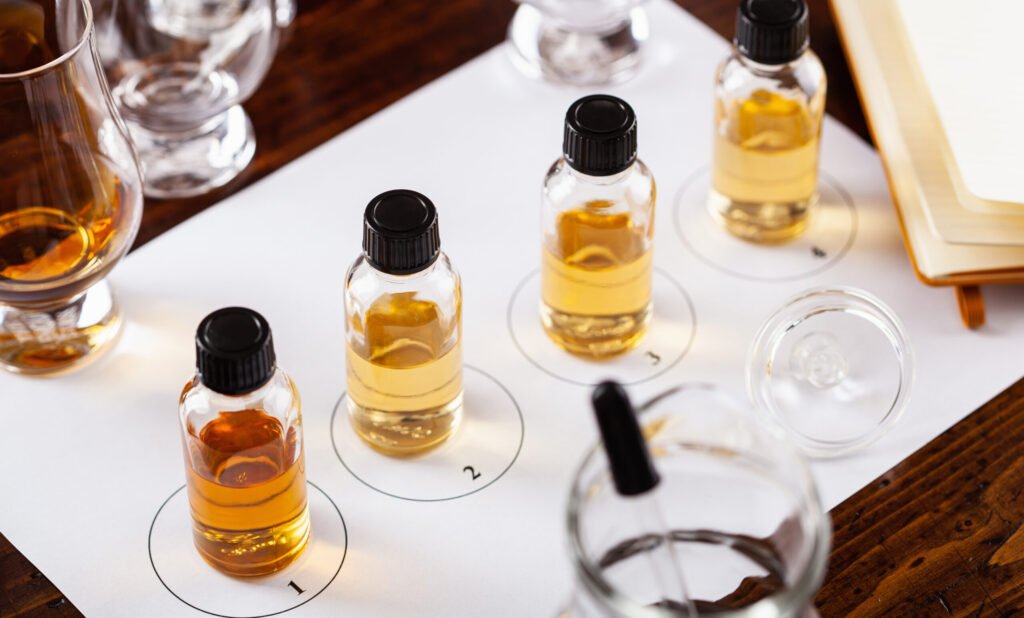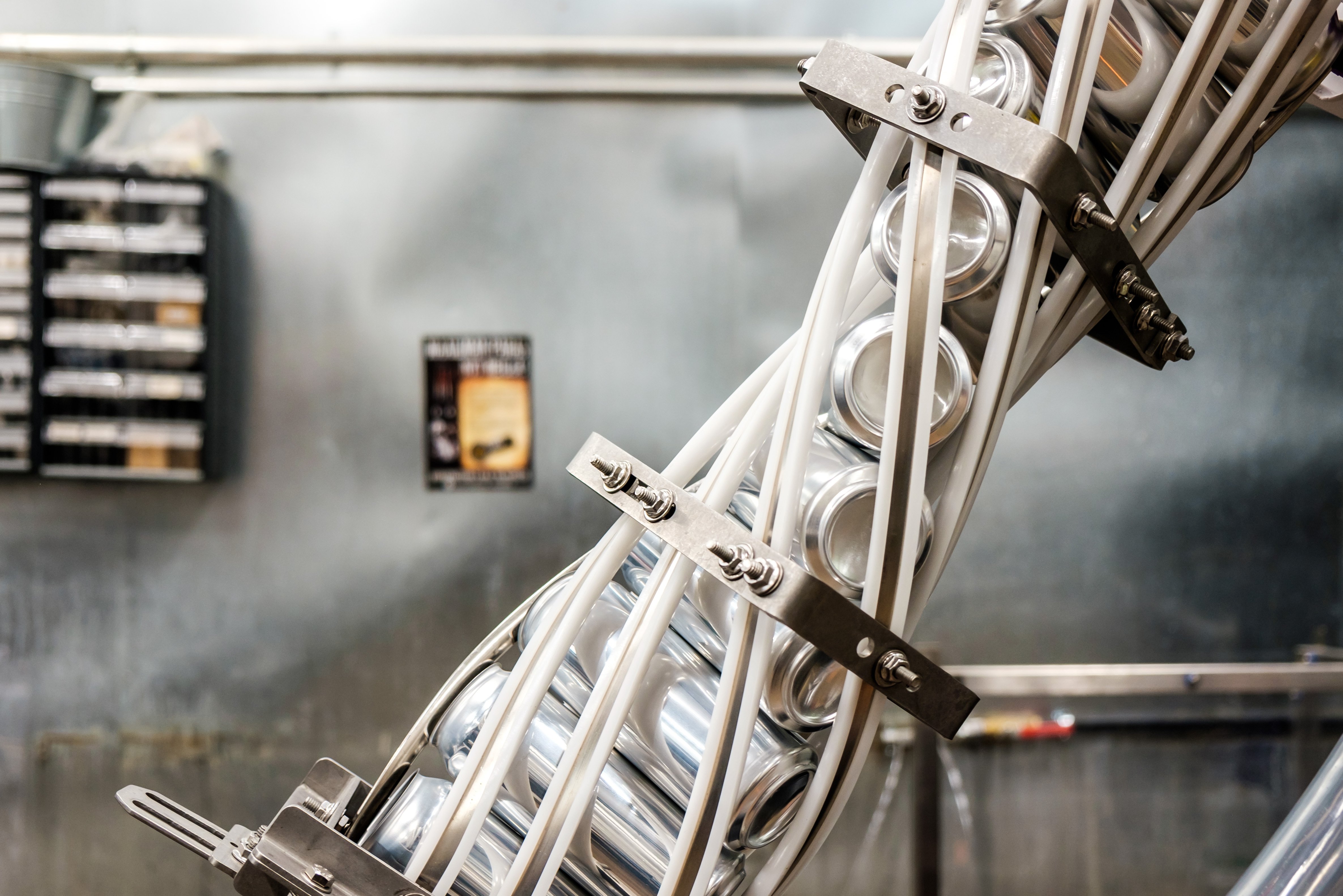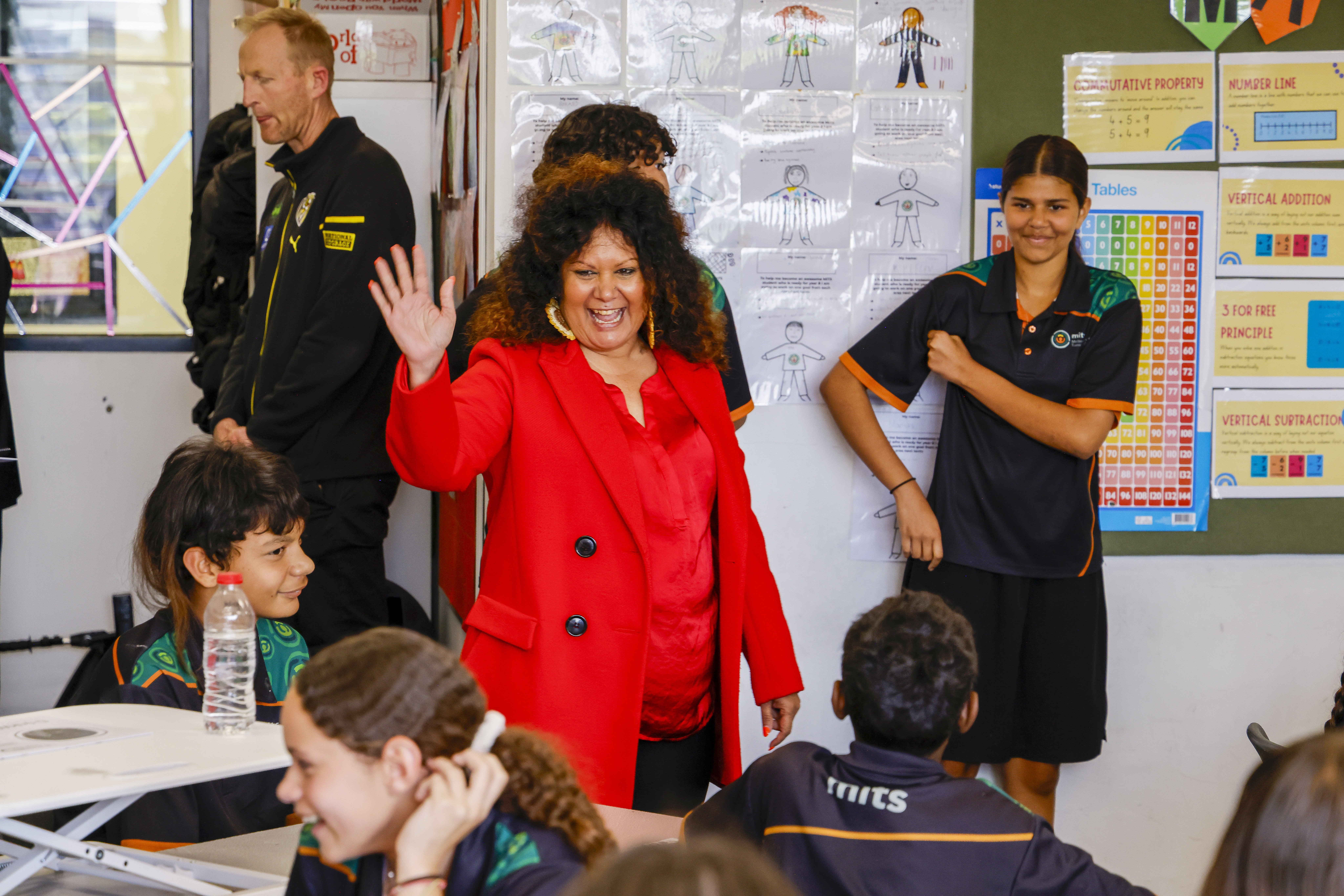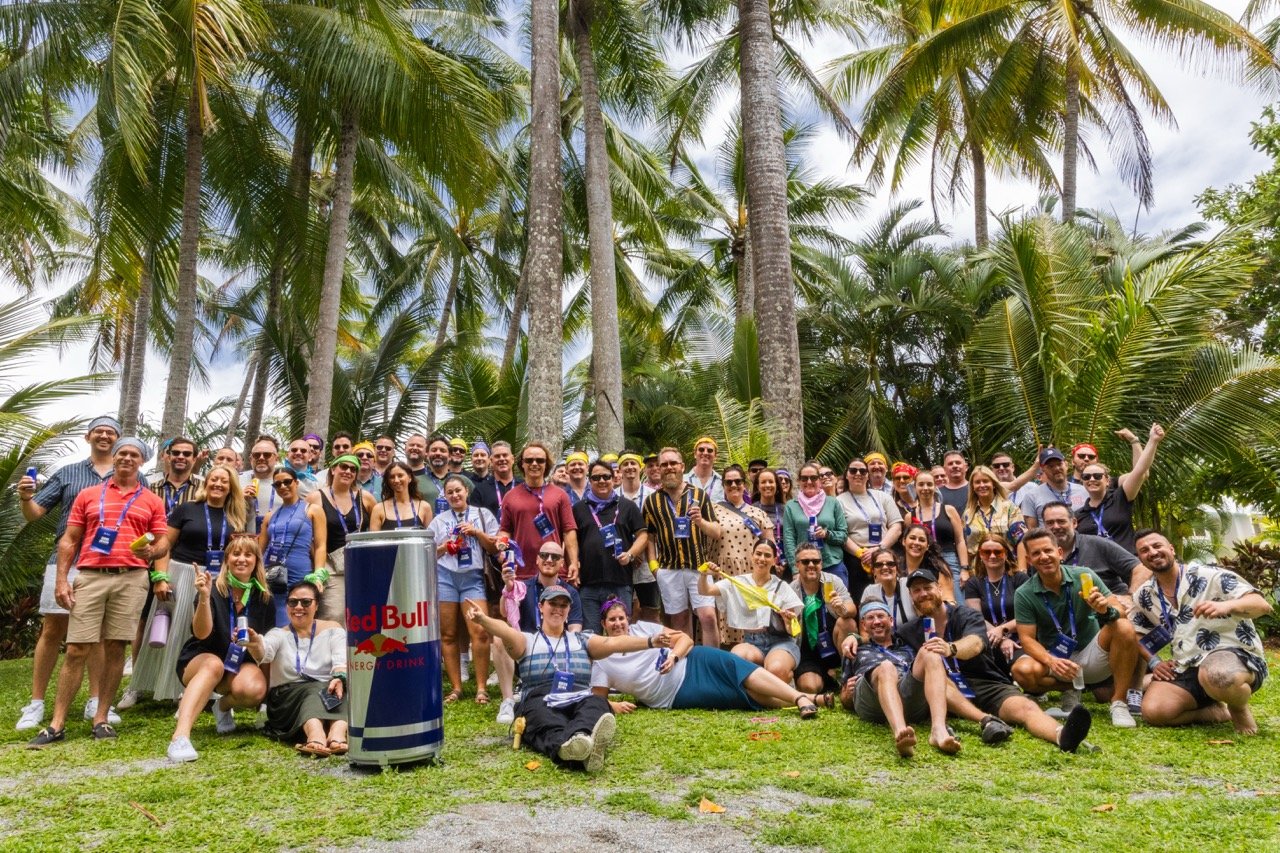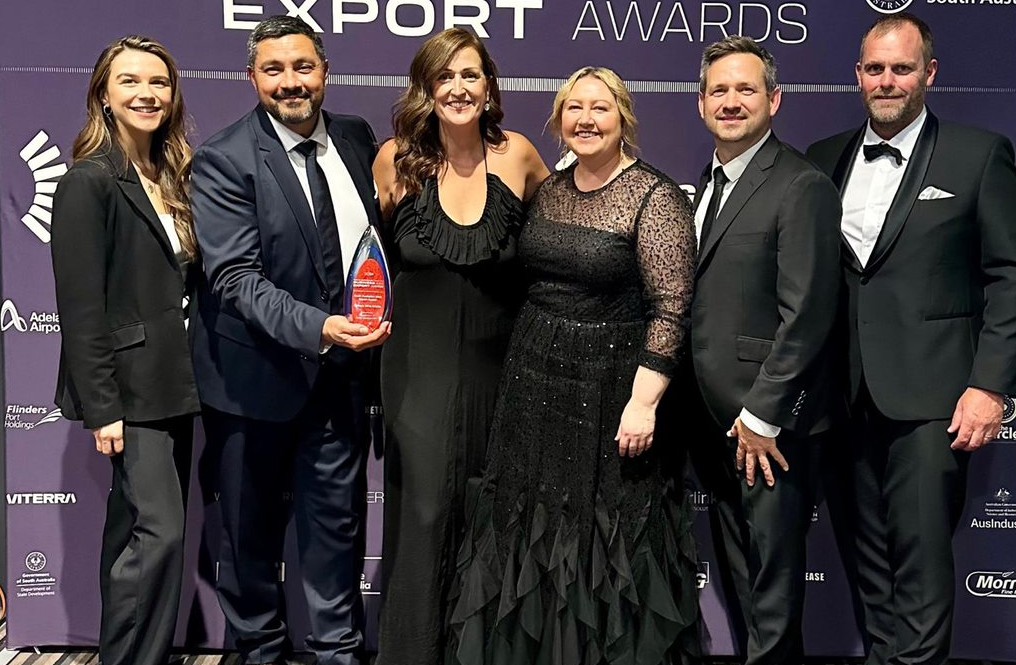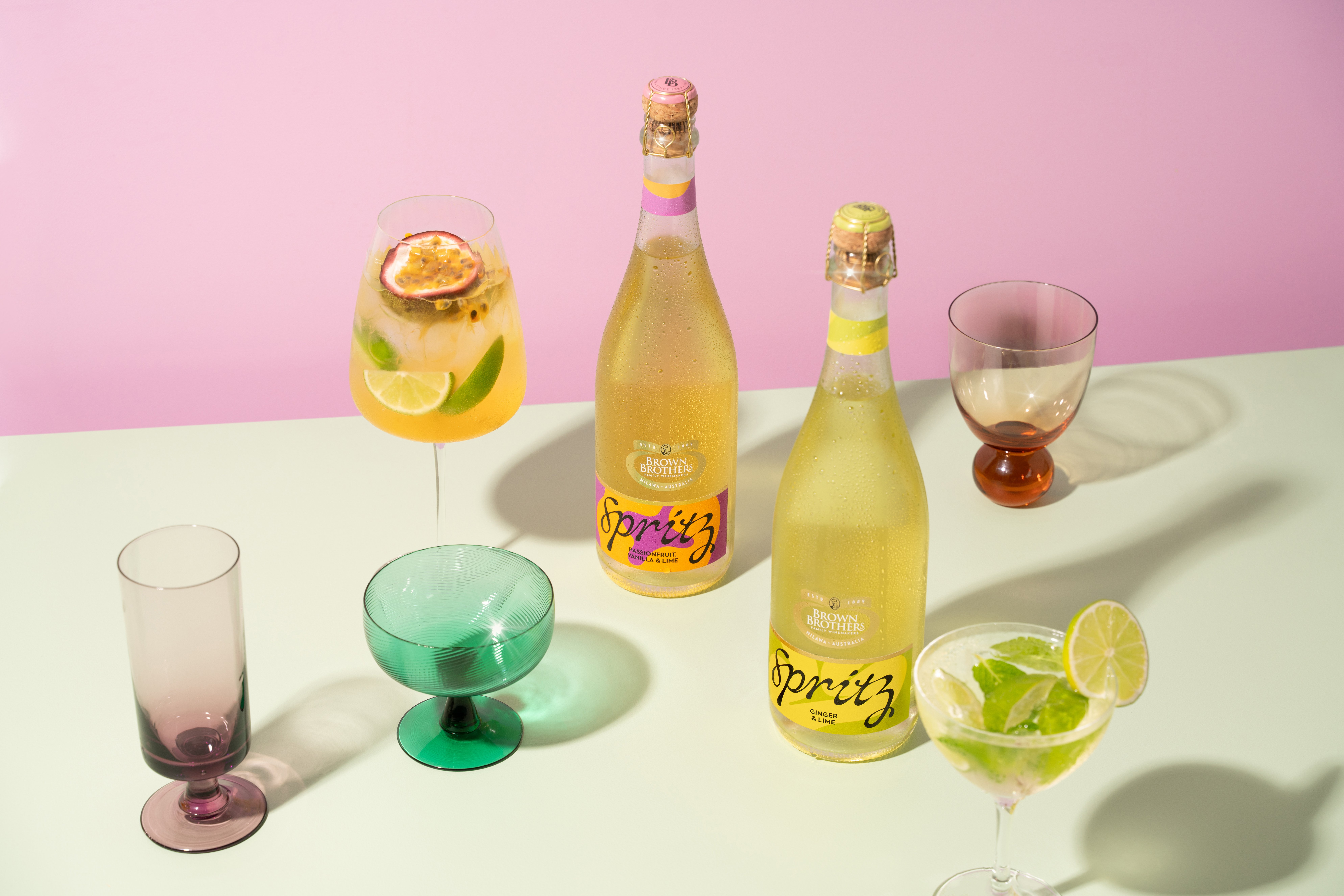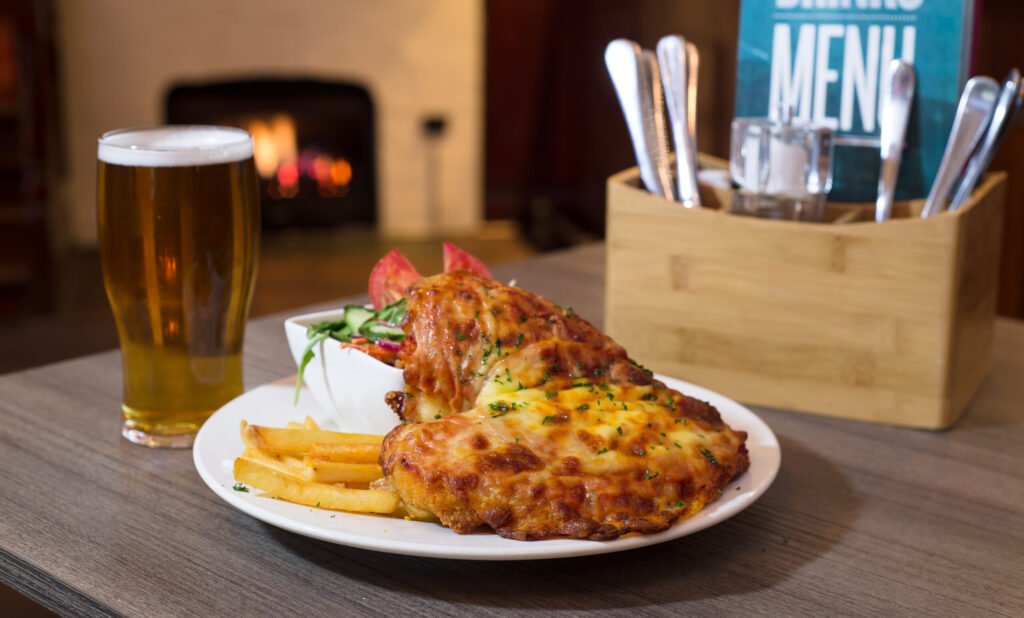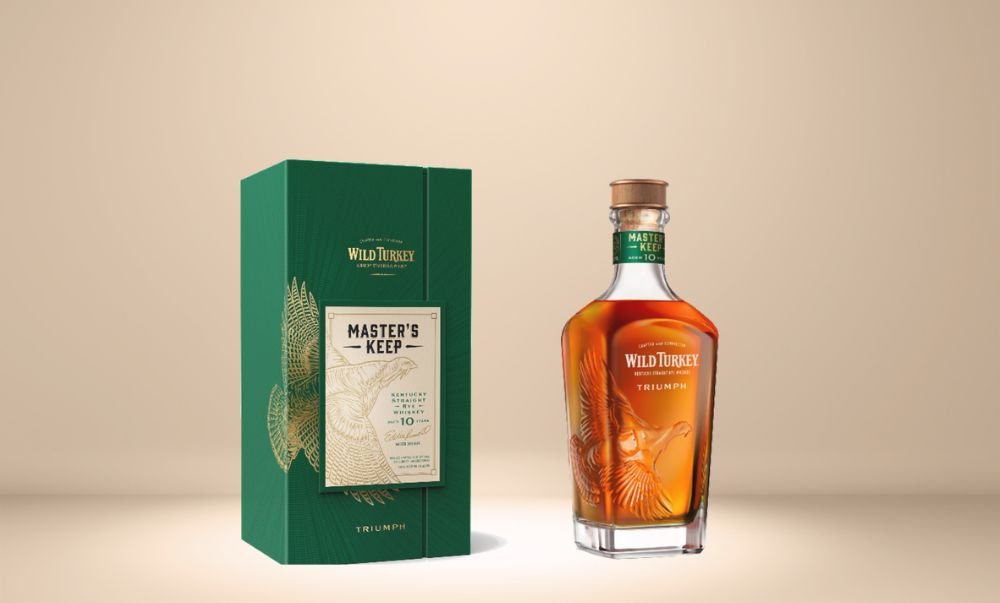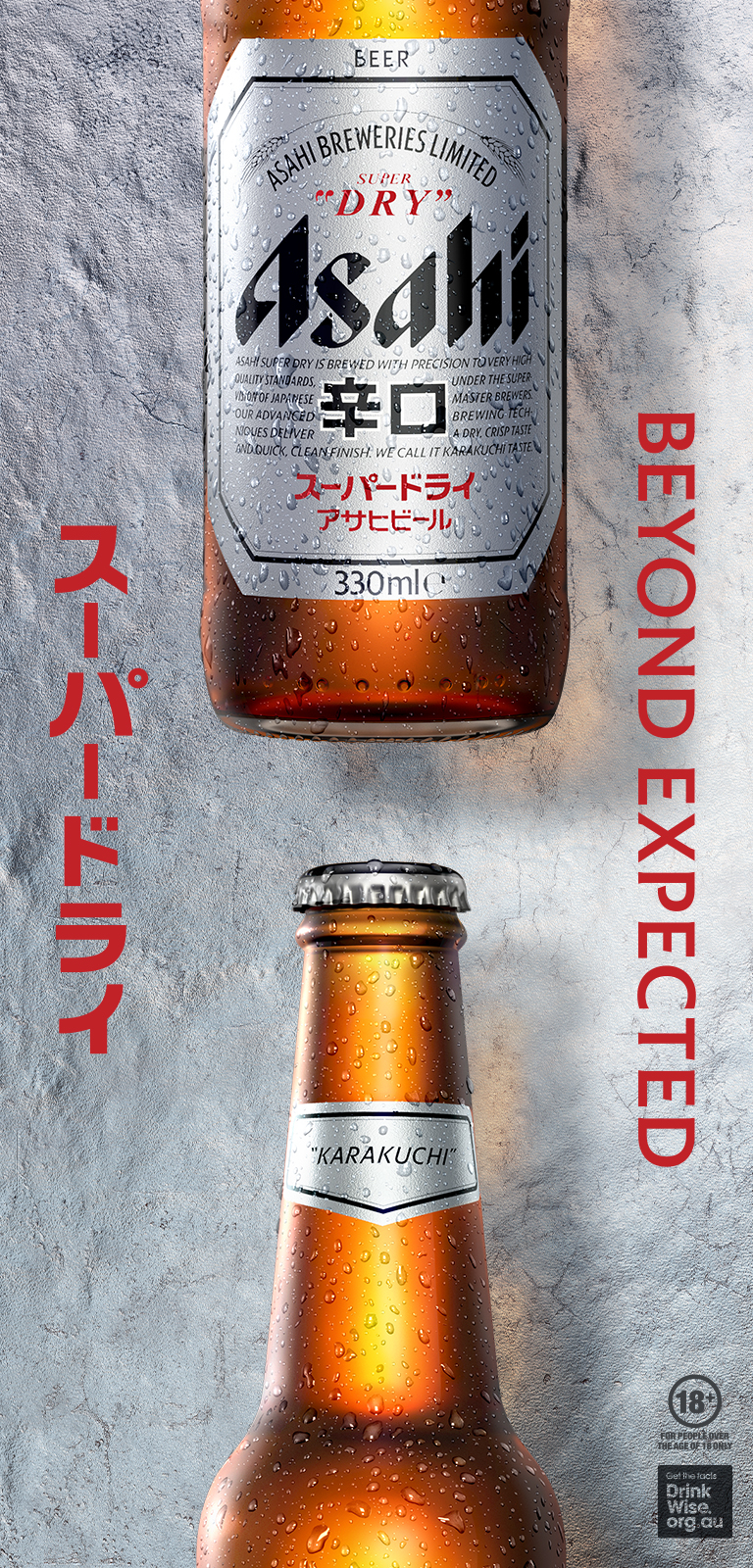[divider]
Former boss of Coles Liquor Group and the man behind Woolworths’ liquor retail chain Dan Murphy’s, Mr. Tony Leon, is without doubt, an industry guru. And having recently purchased 50 per cent of Steve’s Liquor (south Australian independent liquor chain based in Victoria and Tasmania), Tony now embarks on business with the independents.
Tony foresees a tough market climate, yet remains confident that retailers can continue to drive growth regardless of looming challenges.In the following interview, Tony shares his recipe for success and offers an insight into how both the big chains and the independents work, after having been on both sides of the water.
[divider]
drinks trade: How did you end up in liquor?
Tony Leon: I hadn’t worked in liquor until one day I heard Dan Murphy’s was looking for a Purchasing Officer. I went and applied for the job, and in the interview they asked if I knew anything about liquor. I said: “Not really, but I drink Johnnie Walker and Black Douglas.” At first Mr. Murphy said no, but after he talked to my boss at the time, he changed his mind and I started working with Mr. Murphy on a Monday in June 1985.
DT: What drove your decision to move to the independent liquor retail sector?
TL: I’d worked for the big companies for many years and I didn’t want to work for them anymore. My friend had started a small business (Steve’s Liquor) and he sold me half of it. Working as an independent retailer means I don’t need to jump through all the hoops that you have to in a big business, and I can work better hours.
DT: What do you think are the biggest challenges currently facing liquor retailers, both chains and independents?
TL: I think with this difficult economy and market, sales are getting tougher. The sales aren’t there for the suppliers to keep funding money to the retailers, so everyone is chasing the same dollar and everyone is giving a little bit of their margin to keep sales going.
Also, the consumer understands the market a lot better today - they’re not going to buy beer from you where you make a 15 to 20 per cent margin.
DT: How can retailers overcome such issues?
TL: I think retailers need to provide more premium products, which the customer will be happy to pay a bit extra for. Then there is a little bit of margin to be shared between the supplier and retailer.
DT: What benefits do independent retailers have over the bigger chains?
TL: I think the independent retailers have a big advantage over the chains.
Although the chains have a bigger market presence, it costs them much more to run their business. When you are running your own ten-twenty stores, you are closer to your customers, suppliers and your business, and you can save on every dollar.
DT: Are you positive for the future of independents?
TL: I am, but I’m not sure that everybody else is.
People do worry when they invest their own money because they see the chains growing bigger and bigger, but I know how much you can do to run your independent business better than the chains.
In the independent business you can serve your customers better. Where big companies say no to the customer 90 per cent of the time, the independent retailer can say yes.
DT: What should retailers be doing in-store?
TL: Independent retailers need to put a few more premium products out, especially at Christmas time, because 80 per cent of customers will go and spoil themselves.
You need to have plenty of stock, because if you don’t have $80,000 of stock, then you can’t sell $80,000 of stock.
Also, you have to have the range. If you have a small shop it’s difficult to, understandably, but you still need to have one premium gin, one mainstream gin, and maybe the cheapest gin in town, because then you’re talking to the consumer.
Share the content
